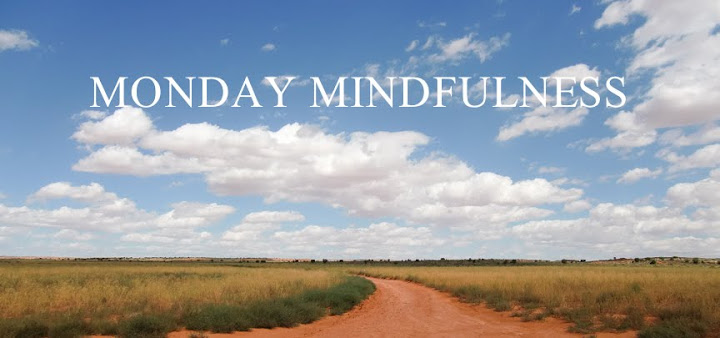Recently I was driving south on Hwy 101 from my home in
rural Humboldt County, California on my way to San Francisco, about 300 miles
away. The route is extremely beautiful as it winds away from the Pacific Coast,
through ancient Redwood forests, along the Eel and Russian Rivers, then in and
out of endless soft rolling grassy hills of Live Oaks and vineyards that hug
the contour of the landscape, arriving finally at the Golden Gate Bridge where
the road once again meets the ocean. This is a drive I’ve done regularly for
the last 30 years. It’s truly stunning. I’m accustomed to this beauty and depending
on the season, I anticipate how it will look each time I travel.
In the winter it rains here and the hills turn many shades
of lush green and the rivers grow wide and full. But this winter is different.
There’s been no rain, and the hills aren’t their usual shade of end-of-autumn
brown. They’re gray, ashen gray. The rivers are nearly dry, and the water that
remains barely moves. The sun shines every day, there is no rain in the
forecast, and I am worried. I never imagined a day when waking up to sunshine
would give me a sinking feeling. What does an impending drought mean for everything? It’s so big I can barely wrap
my mind around it.
I am, by nature, very optimistic. It’s my default setting.
So much so, that in order to not be blind-sided by my own optimism, I have
developed the habit of asking myself “what’s wrong with this picture?” before
diving into new ventures that have long-range consequences. This sort of
discerning question keeps my potential impulsivity in check and helps me stay
balanced.
But over the last several months I’ve found myself on the
other side of things; often feeling pessimistic, stuck in the rut of everything
sad, rubbing up against grief. Not just my small personal griefs, but the Big
Grief, the Grief of World; global environmental degradation, climate
disruption, extreme economic inequities, the effects of wide-spread poverty, (to
name a few), and the outrageously painful fact that by being alive and living
in the world, consuming any goods at all, I am part of the problem.
So what’s wrong with this picture? Actually, there’s
everything right with this picture. It’s right to feel grief. It’s right to see
things as they actually are. It’s right to feel outrage, and it’s right to feel
up close, in our bones how the small self is deeply and inextricably bound to
the Big Self.
“In a real sense, all life is interrelated. All men [and women] are caught in an inescapable network of mutuality, tied in a single garment of destiny. Whatever affects one directly, affects all indirectly. I can never be what I ought to be, and you can never be what you ought to be until I am what I ought to be. This is the interrelated structure of reality.” -Martin Luther King, Jr.
From the perspective of mindfulness practice, there are many
ways to approach grief, pain, and sadness. When my teacher, Sylvia Boorstein,
is caught in a knot she stops and says to herself, “Sweetheart, you’re in pain.
Take a breath.”
This is really excellent advice on three fronts. First, by
addressing herself as “sweetheart,” she holds herself with love and compassion
which, right away, relaxes the mind and reduces the sting of the current pain.
Secondly, by naming what’s happening, “you’re in pain,” she identifies what’s
happening. When we understand what’s happening, we can choose how to respond,
hopefully with wisdom and skill. And thirdly, the instruction “take a breath,”
gives her something to do in the
immediate, to offer herself some relief. Stopping to breathe is like pressing
the pause button. It calms the mind and for the moment, turns down the volume on
whatever story is playing. It’s brilliant, it’s compassionate, and it works.
I realize that saying “Sweetheart, you’re in pain, take a
breath,” is not going to end climate disruption or feed hungry people, but it
will give me the space and courage I need to pause and think about what I can do. It also teaches me to respond to
my own pain with kindness and compassion.
When grief comes knocking, let compassion answer.




